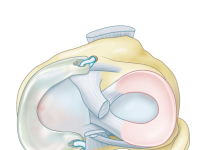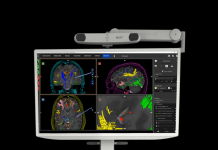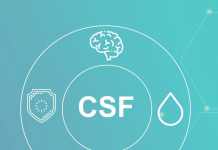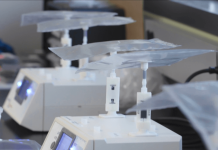The company will use the investment to expand its technology’s current abilities, add capabilities to detect additional health conditions and drive global growth.
AI-enabled voice technology platform Sonde Health announced it raised $19.25 million in a Series B funding round led by Partners Investment, bringing its total raise to $35.25 million.
KT Corporation, NEOM Company and existing investors also participated in the round, including cofounder PureTech Health and M Ventures.
WHAT IT DOES
Sonde Health uses patented voice technology to detect various health conditions from biomarkers in a person’s voice, including analyzing respiratory fitness and detecting depression and anxiety.
RELATED: Remote patient monitoring startup Alio scores $18M
WHAT IT’S FOR
The funding will help build out the company’s technology to detect additional health conditions, expand its current respiratory and mental health-monitoring technologies, and drive global commercial growth.
“Digital biomarkers are becoming a mainstay in healthcare. Today’s healthcare companies are realizing how vocal biomarkers can engage people earlier in their health. The data and insights found in voice can power health monitoring and patient stratification so issues can become apparent well before a costly medical event occurs,” David Liu, CEO of Sonde Health, said in a statement.
“With voice and any listening device, accessible and effective health monitoring can be made available to the majority of the world.”
MARKET SNAPSHOT
Last month, Boston-based Sonde Health garnered a $2 million strategic investment from South Korean telecommunications giant KT Corporation. KT plans to use the tech to upgrade its AI-powered voice business solutions and integrate Sonde’s technology into its telemedicine platform in Vietnam.
Sonde Health licensed its voice technology from MIT’s Lincoln Laboratory and in 2018 received exclusive licensing agreements for the patent.
In 2020, the company launched its voice API to detect mental illness, saying that the tool can detect vocal changes that could signal one’s mental state via 30-second audio clips and that it could be integrated into third-party apps.
During the height of the pandemic, it released a vocal-screening tool to detect respiratory illness symptoms and acquired voice-based platform-maker NeuroLex Laboratories.
Follow the latest news on Guided Solutions




